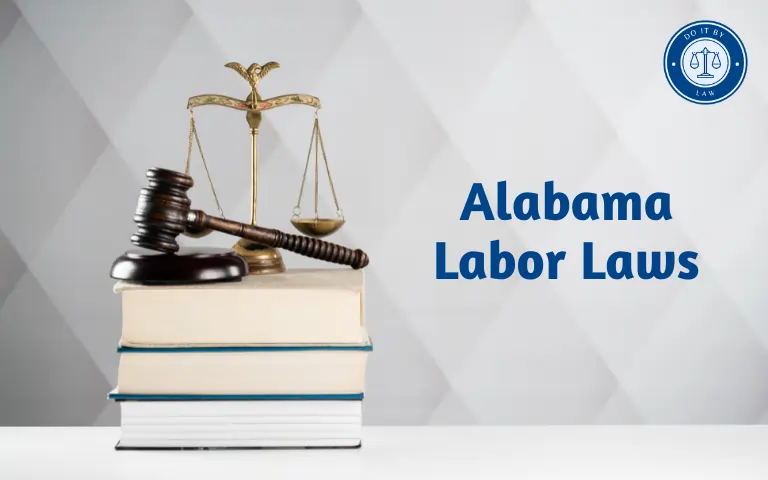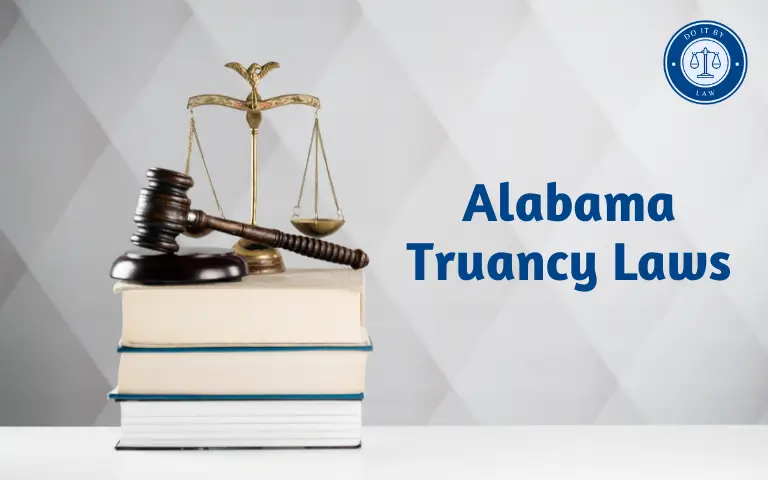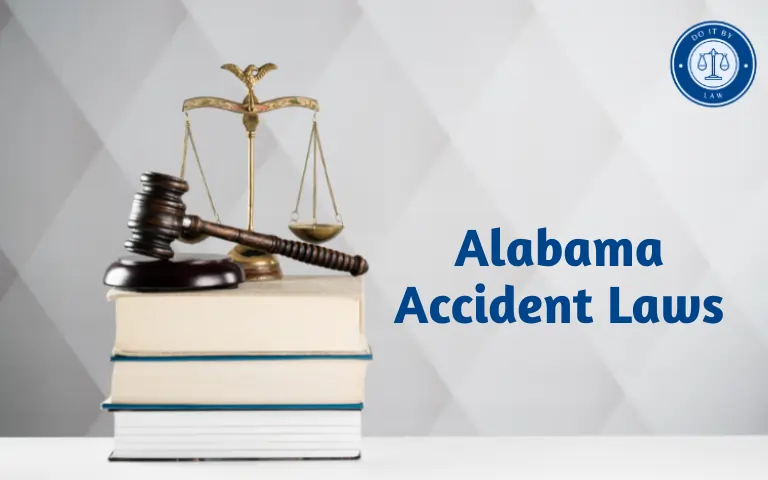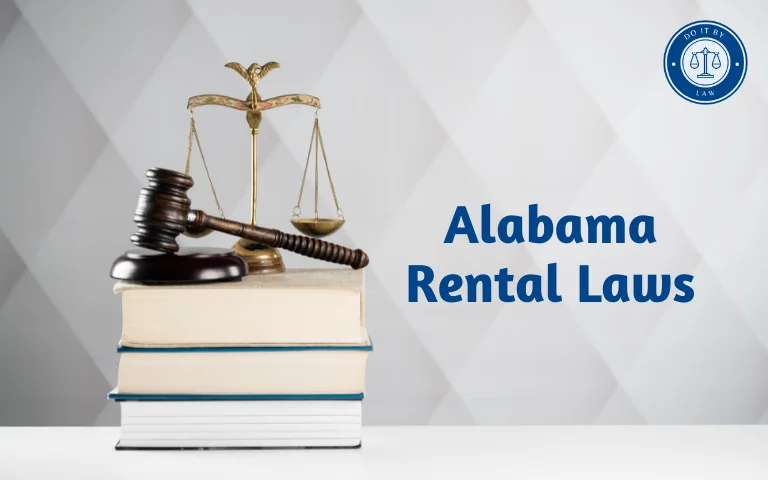Alabama Cell Phone Laws: What You Need to Know
Cell phone use while driving is a major safety issue across the United States. Alabama has enacted laws restricting certain cell phone activities behind the wheel. Here is a comprehensive look at Alabama Cell Phone Laws, their origins, provisions, penalties, and ongoing debates.
When Were Alabama Cell Phone Driving Laws Enacted?
In 2012, Alabama passed a texting and driving ban prohibiting text-based communication while operating a vehicle. This made it the 38th state at the time to enact distracted driving legislation aimed at reducing texting behind the wheel.
Initially, Alabama’s 2012 law imposed a $25 fine for first-time violations of typing or reading texts while driving. By 2019, fines had increased to $50 for a first offense and $100 for subsequent violations. The law exempts emergency personnel from acting in their official duties.
In 2018, Alabama passed a more extensive handheld cell phone ban. This law prohibits holding and physically supporting a phone with any body part while driving. Hands-free phone use is still permitted with the aid of Bluetooth, dashboard mounts, voice commands, or other hands-free technology.
Who Do Alabama Cell Phone Laws Apply To?
Alabama’s handheld phone ban and texting while driving prohibition apply to:
- All drivers operating motor vehicles on public roads and highways
- Visitors driving through the state
- Teenage drivers with intermediate or regular licenses
- Commercial truck and bus drivers
The laws restricting phone use behind the wheel apply whether you are a resident or non-resident driver in Alabama. The only exemption is for emergency responders acting in their official capacity.
Key Provisions of Alabama Cell Phone Laws
Alabama Code §32-5A-350 contains the key elements of the state’s cell phone driving laws:
- Hands-Free Requirement – It is illegal to hold or support a phone to talk, text, take photos/videos, use apps, view social media, or anything else requiring physical holding of the device.
- Texting Ban – Writing, sending, or reading text messages, emails, social media content, and other text-based communications is prohibited while driving. This includes using a thumb or finger to compose, send, or view written messages.
- Age Restrictions – Alabama’s graduated licensing law prohibits cell phone use of any kind, including hands-free, for 16-year-old permit holders and 17-year-old intermediate license holders.
- School Bus Use Restriction – Bus drivers are prohibited from using phones while passengers are present, except in emergencies.
- Enforcement – Law officers may stop and cite drivers observed violating cell phone laws. This is considered a primary enforcement law.
Penalties for Violating Alabama Cell Phone Laws
Violating Alabama’s hands-free or texting laws results in escalating fines:
- First Offense – $50 fine
- Second Offense – $100 fine
- Third Offense – $150 fine
- Subsequent Offenses – Up to $200 fine
Texting while driving is a 2-point violation. There are no demerit points assessed for talking on a handheld phone. While fines increase, cell phone violations do not result in license suspension in Alabama.
Recent Changes and Challenges to Alabama Cell Phone Laws
Since the initial passage of the texting law in 2012, there have been some proposed changes and legal challenges including:
- Bills to make texting while driving a primary offense allowing police to stop drivers specifically for this violation. Currently, it is a secondary offense.
- Attempts to pass legislation banning all cell phone use by novice teen drivers instead of just hands-free usage.
- A 2015 lawsuit unsuccessfully challenged the texting law’s constitutionality and argued it violated free speech.
- Proposals to divert revenue from cell phone violation fines to fund a victims’ compensation fund rather than the state’s general budget.
- Attempts by some cities and counties to enact stricter local ordinances banning all handheld cell phone conversations.
Ongoing Controversies and Debates
There is ongoing debate in Alabama about possibly expanding cell phone restrictions:
- Advocates support enacting laws prohibiting any handheld phone conversations while driving. However, legal challenges persist based on such bans being an overreach versus texting risks.
- Lawmakers have considered but not approved proposals to ban cell phone use under 18 entirely instead of just for novice teen drivers. Concerns include enforceability.
- Legislation to make texting a primary offense has failed to advance despite law enforcement support. Opponents argue it could enable racial profiling in traffic stops.
- Bills to prohibit cell phone use in work zones have stalled over questions about notification requirements and signage costs.
- Legalizing phone jamming technology could reduce distracted driving but raises concerns about interfering with emergency communications.
Conclusion
Alabama has taken steps through its hands-free and texting bans to address rising concerns over distracted driving risks. While current laws target only the most dangerous behaviors like typing messages, lawmakers continue debating whether to enact more technology-neutral restrictions prohibiting any handheld phone use while behind the wheel. Staying updated on Alabama’s evolving cell phone driving laws can help motorists avoid costly fines and contribute to roadway safety.
Frequently Asked Questions About Alabama Cell Phone Laws
References:
Alabama Distracted Driving Laws







